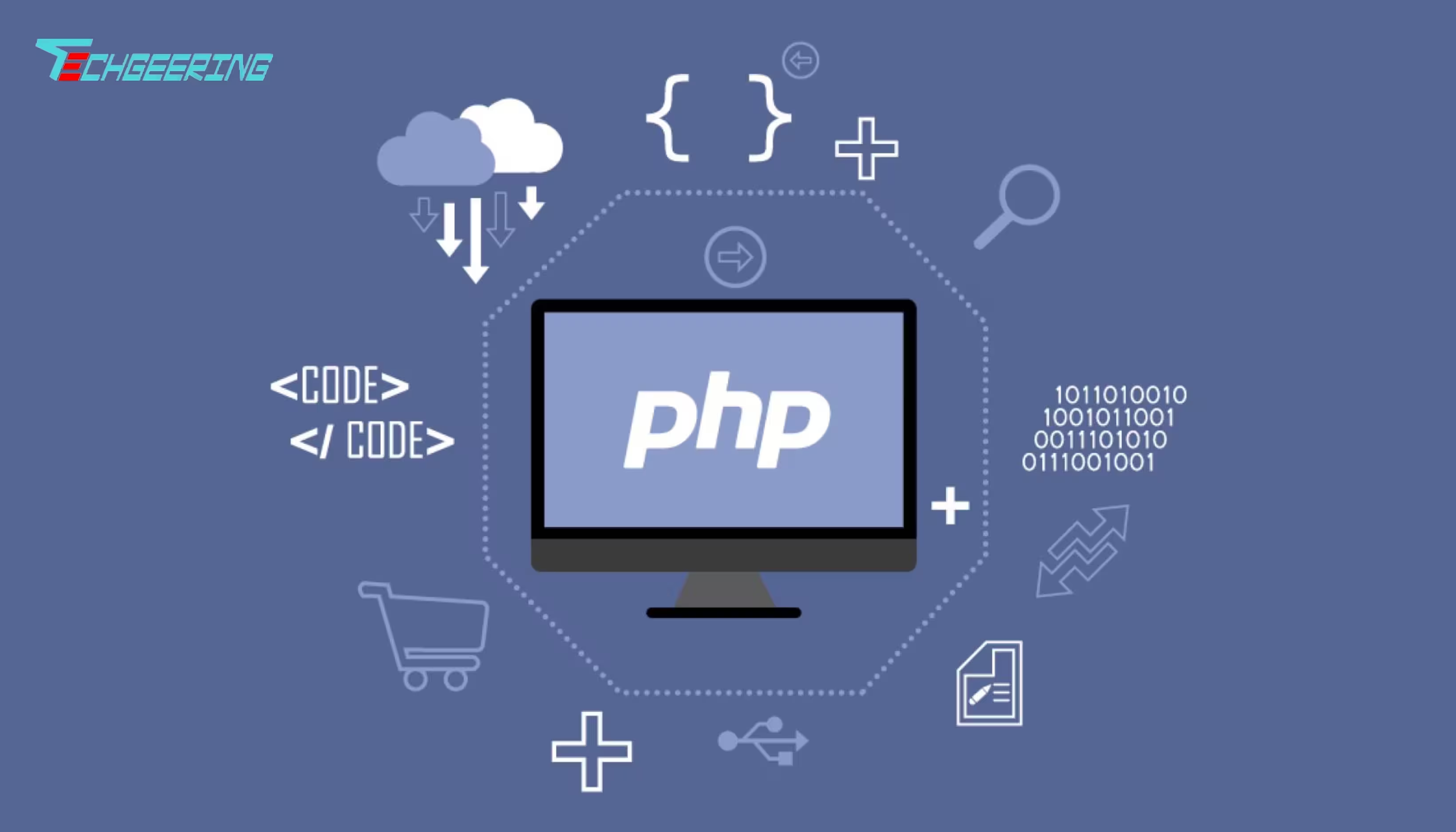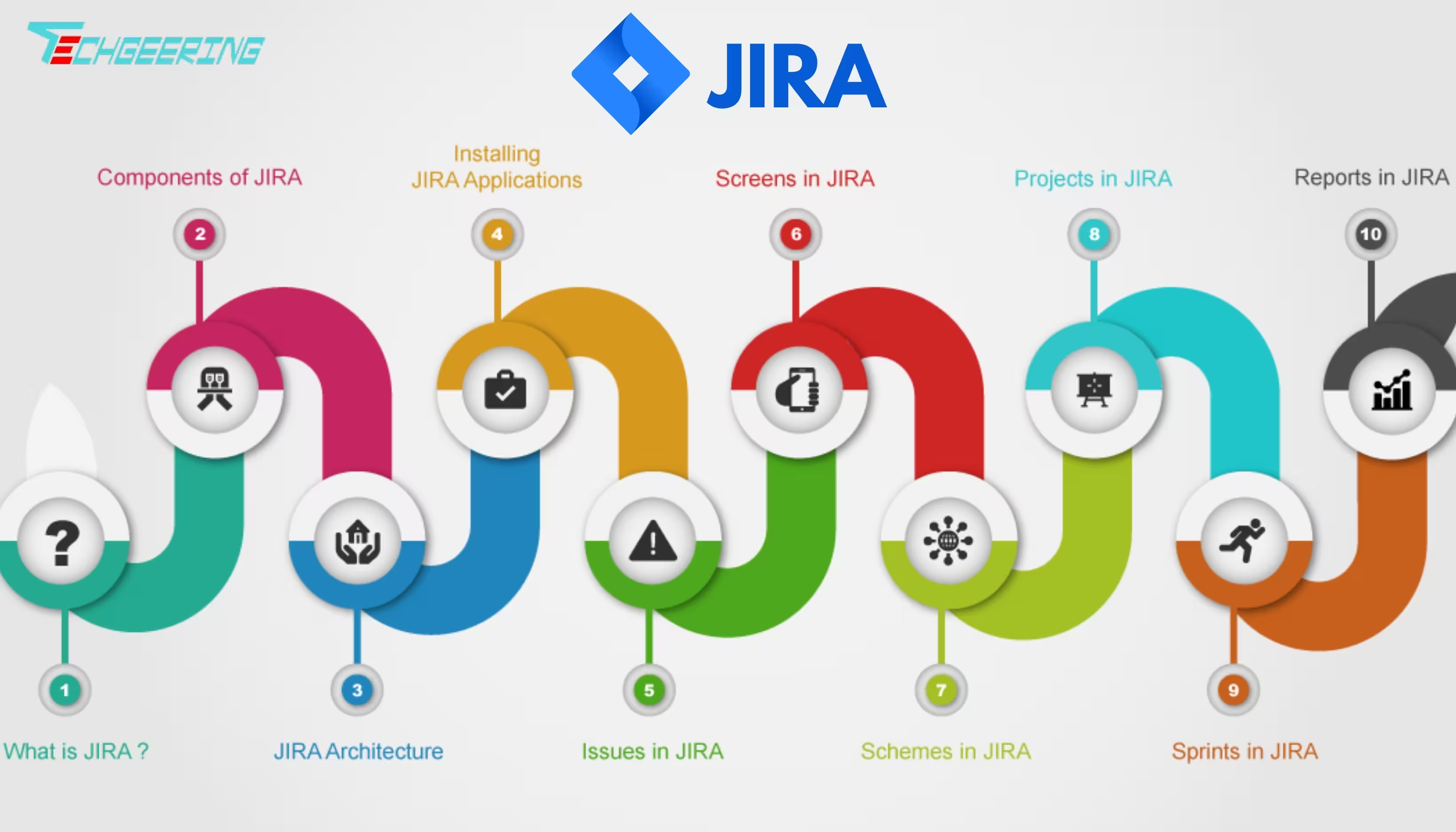WordPress

Introduction
In the ever-evolving digital landscape, having a strong online presence is crucial for businesses and individuals alike. WordPress, a robust and flexible content management system (CMS), has become the go-to platform for building websites of all kinds. From personal blogs to corporate websites, WordPress offers a user-friendly interface, powerful features, and an extensive ecosystem of plugins and themes that make web development accessible to everyone.
The Beginning of WordPress
WordPress was launched in 2003 by Matt Mullenweg and Mike Little as a simple blogging tool. Over the years, it has transformed into a comprehensive CMS, now supporting more than 40% of websites across the internet. Its open-source nature has fostered a massive community of developers and users who continually contribute to its growth and expansion.
Key Features of WordPress
One of the reasons for WordPress' popularity is its extensive feature list. Some of its key features include:
-
User-Friendly Interface: WordPress’ intuitive dashboard allows even non-technical users to manage content, customize designs, and maintain their websites with ease.
-
Themes and Plugins: With thousands of free and premium themes and plugins available, users can extend the functionality and appearance of their websites without needing to code.
-
SEO-Friendly: WordPress is designed with SEO best practices in mind, making it easier for websites to rank higher in search engine results.
-
Responsive Design: Most WordPress themes are responsive, ensuring that websites look great on any device, from desktops to smartphones.
-
Community Support: The WordPress community is vast and active, offering endless resources, forums, and tutorials to help users at all levels.
Flexibility and Customization
WordPress is renowned for its flexibility. Whether you’re a beginner or an experienced developer, WordPress offers something for everyone. For those who need a simple website, the built-in themes and plugins provide a quick and easy solution. For developers, WordPress’ open-source code allows for extensive customization, enabling the creation of highly specialized websites with unique features.
Security and Updates
Security is a top priority for WordPress. Regular updates are released to address vulnerabilities and improve performance. Additionally, numerous security plugins are available to enhance the protection of WordPress sites. With proper management and safeguards, WordPress websites can be as secure as any other platform.
The Future of WordPress
As technology advances, WordPress continues to adapt. The introduction of the Gutenberg editor in 2018 marked a significant shift towards block-based content editing, providing greater design flexibility. The platform is also increasingly integrating with modern web technologies, ensuring it remains a powerful tool for web development in the years to come.
Conclusion
WordPress has come a long way since its inception, evolving from a simple blogging tool to a comprehensive web development platform. Its ease of use, flexibility, and community support make it an ideal choice for anyone looking to build a website. Whether you’re creating a personal blog, an online store, or a corporate website, WordPress offers the tools and resources to bring your vision to life.
Call to Action: Ready to create your own website? Discover the endless possibilities with WordPress and start building your online presence today!













 Send WhatsApp
Send WhatsApp